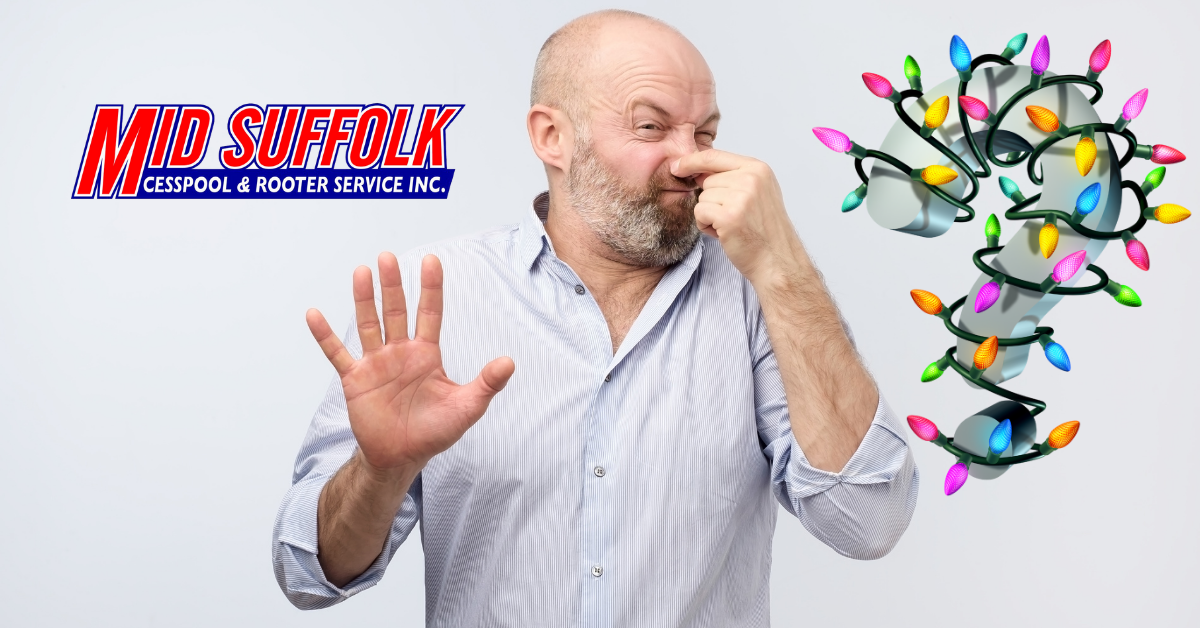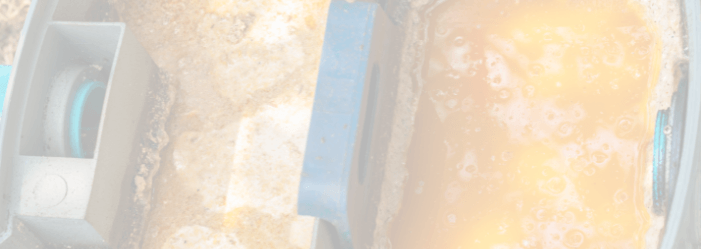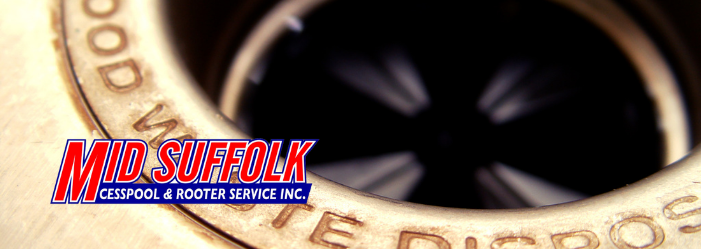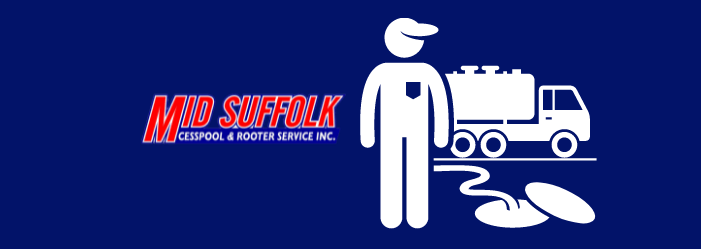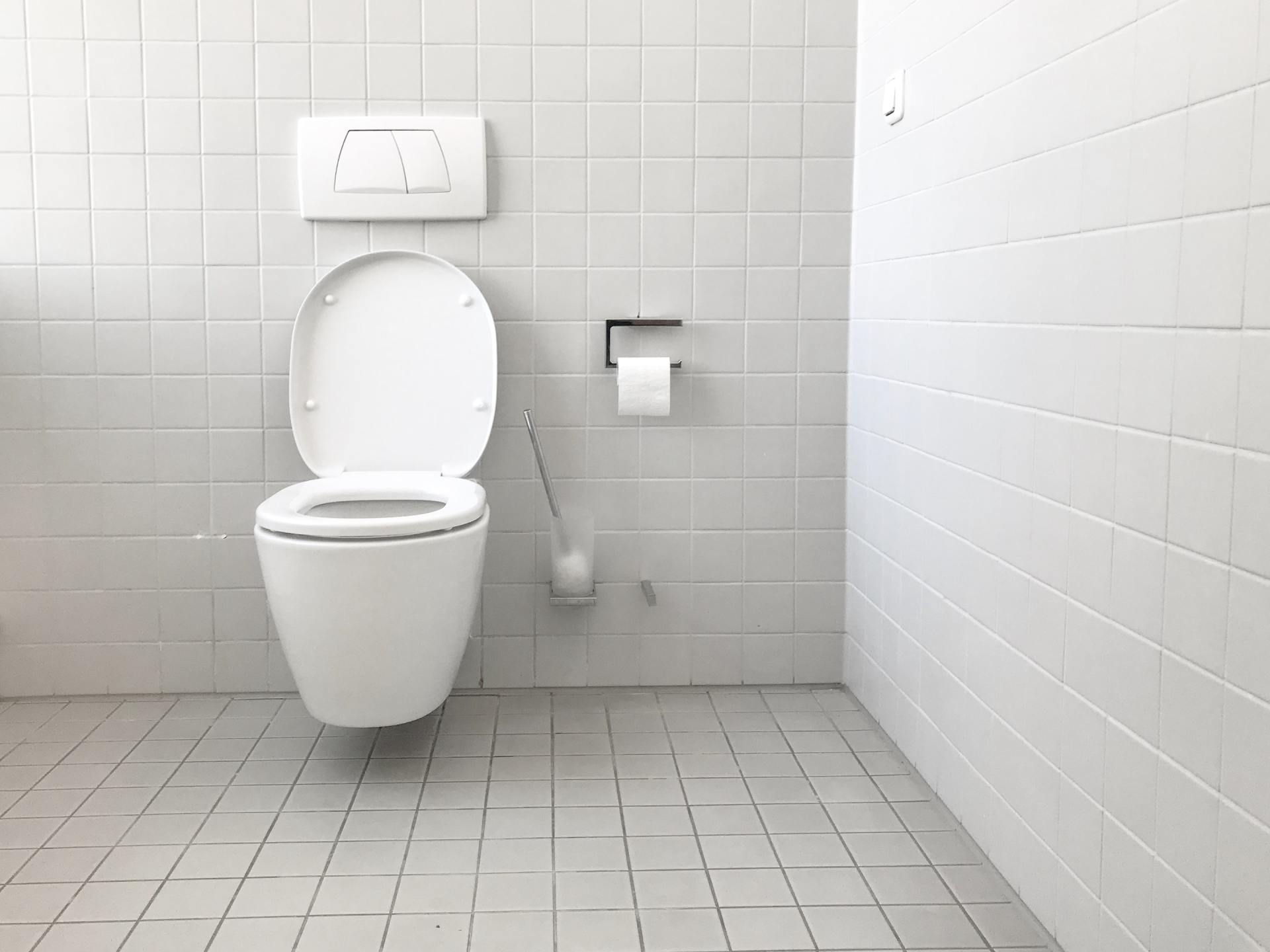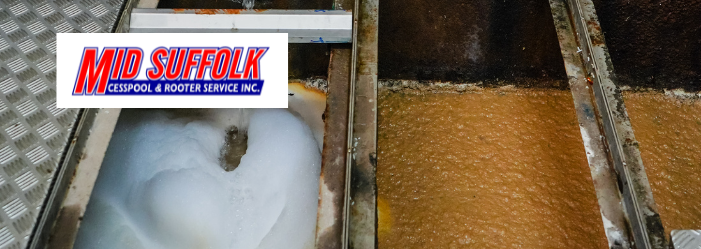What To Do in a Cesspool Emergency
Cesspool septic systems are built to last, but sometimes they can run into issues, especially if they aren’t pumped every few years. If you are noticing signs of a cesspool emergency, such as water coming back up through the drains in your house, it’s important to know what to do (and what not
to do).

- Avoid touching the water. If water starts coming up through your drains, do not touch it. Wastewater contains bacteria and microbes that are highly infectious. If it makes contact with your bare skin, you can get sick or get an infection. Do not attempt to clean up any spillage unless you are wearing personal protective equipment (PPE).
- Avoid breathing in fumes. If any unpleasant smells are coming up from the toilet or drains, try not to breathe them in. The odors are most likely coming from backup waste that the cesspool isn’t treating, so the fumes are likely toxic—and maybe infectious. Avoid the areas of your house where the smells are particularly strong; this could be near your drains, toilets, pipes and pipe joints, and even your air conditioner vents.
- Call a professional to service the cesspool. Most people do not have the experience necessary to safely empty a cesspool themselves. By contacting a professional, you can ensure the job is done safely and that the problem won’t be worsened. And until the professional arrives, avoid using water in your home.
At Mid-Suffolk Cesspool, we offer emergency services 24/7. If wastewater starts coming up through your drains, or you notice foul odors, we will send out a trained technician to provide a remedy. Not only can we provide emergency cesspool pumping, but we can also administer maintenance periodically to help you avoid such a problem in the first place.
Remember—the best way to avoid your cesspool from overfilling is to get it emptied every couple of years.
We recommend having a professional do maintenance every 2-4 years. Don’t wait until you start to notice pooling water!
There are also other ways to keep your cesspool in tip-top shape. They include:
- Using low-flow shower heads and toilets
- Not running water unless it’s necessary. For example, turn off the water when you’re brushing your teeth.
- Spread out your laundry across the week instead of doing it all in one day.
- Run dishwashers only when they are full.
- Be careful about what you put down your pipes. Avoid flushing paper towels, feminine hygiene products, cigarette butts, and anything else that might clog your system.
- Use your garbage disposal sparingly.
Reach out to Mid-Suffolk Cesspool for any septic needs—whether it’s an emergency or routine maintenance!
